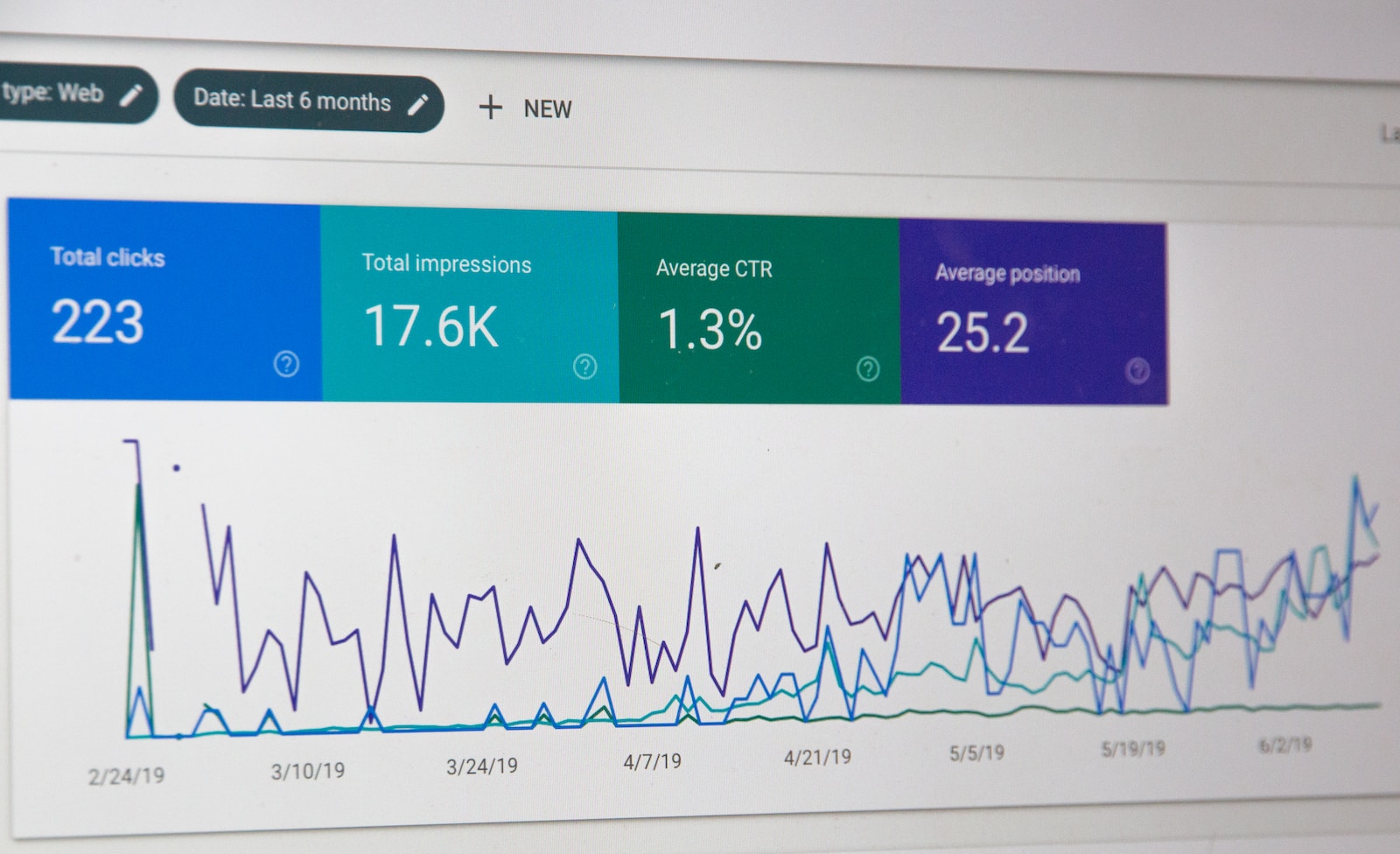In the highly competitive real estate industry, having a strong online presence is crucial for success. Search Engine Optimization (SEO) plays a pivotal role in improving the visibility of real estate professionals’ websites, driving organic traffic, and generating qualified leads. To stay ahead in this digital landscape, it is essential to stay updated with the latest trends and techniques that can give you a competitive edge. In this guide, we will explore the top real estate SEO trends for 2023 and provide valuable tips to help you optimize your online presence effectively.
Mobile-First Indexing: Optimize Your Website for Mobile Users
With the rise of mobile users, Google has introduced mobile-first indexing, revolutionizing the SEO landscape. Currently, Google predominantly utilizes the mobile version of a website for indexing and ranking purposes within search results. As mobile devices have become the primary gateway to the internet, optimizing your real estate website for mobile users is crucial.
To ensure a seamless experience for mobile users, consider the following tips:
- Responsive Design: Create a website design that effortlessly adapts to different screen sizes, providing an intuitive user experience on mobile devices.
- Page Speed: Improve your website’s loading speed by compressing images, minimizing CSS and JavaScript files, and leveraging caching techniques.
- Mobile-Friendly Content: Ensure your website’s content is easily readable and navigated on mobile devices. Use legible fonts, appropriate font sizes, and avoid disruptive elements like pop-ups.
Voice Search Optimization: Speak the Language of Real Estate SEO
Voice search is becoming increasingly popular, changing how people search for information online. Real estate professionals must optimize their SEO strategies to adapt to this trend. Here are some effective strategies to optimize your content for voice search:
- Long-Tail Keywords: Focus on conversational and long-tail keywords that reflect how people speak. Instead of targeting generic terms, optimize for specific queries like “best houses for sale near me.”
- Featured Snippets: Structure your content to directly answer commonly asked real estate questions, increasing the chances of being featured in voice search results.
- Natural Language: Adopt a conversational tone in your content, blending seamlessly with how people verbally ask questions. Include FAQs and provide comprehensive answers.
Local SEO: Targeting the Right Audience in Your Area
Local connections are crucial in the real estate industry, making local search optimization essential. To optimize your local SEO, consider the following tips:
- Google My Business: Create and optimize your Google My Business listing with accurate contact information, business hours, and high-quality images. Encourage satisfied clients to leave positive reviews, boosting your credibility.
- Local Citations: Ensure a consistent display of your business name, address, and phone number (NAP) across online directories, local listings, and industry-specific websites.
- Location-Specific Keywords: Incorporate location-specific keywords, meta tags, and headings into your content to attract local search traffic. Use keywords like “Luxury homes for sale in Los Angeles” to entice prospective buyers.
Long-Tail Keywords: Unlock Niche Opportunities in Real Estate SEO
Targeting long-tail keywords presents golden opportunities for real estate professionals. These highly specific and less competitive keywords allow you to reach a targeted audience actively seeking specific properties or services. Consider the following examples of effective long-tail keywords:
- “Beachfront condos for sale in Miami.”
- “Historic homes for rent in Boston.”
- “Gated communities near San Francisco.”
Focusing on long-tail keywords can attract motivated buyers and sellers actively seeking specific properties or services.
Content Marketing: Engage and Inform Your Target Audience
Content marketing is vital in real estate SEO as it showcases your expertise, builds trust, and boosts search rankings. Here are some tips for crafting high-quality, engaging content:
- Educational Blog Posts: Create informative blog posts that address common questions and concerns of your target audience. Offer insights about the local real estate market, provide home-buying tips, and compose neighborhood guides.
- Visual Content: Incorporate visually captivating elements like high-resolution images, infographics, and videos to enhance the appeal and shareability of your content.
- Guest Blogging: Collaborate with reputable industry publications or influential local figures to contribute guest posts to expand your reach to a larger audience.
Video Marketing: Captivate Your Audience with Compelling Visuals
Video content is paramount in the real estate industry as it allows you to showcase properties, conduct virtual tours, and interactively engage your audience. Here are some tips for creating and optimizing video content:
- Property Walkthroughs: Produce top-notch videos highlighting your properties’ unique features. Optimize them for search engines with descriptive titles, tags, and comprehensive descriptions.
- Educational Videos: Share informative videos on topics like home-buying tips, mortgage advice, or market trends. Establish yourself as a knowledgeable resource within the industry.
- YouTube Optimization: Harness the power of YouTube’s search engine by incorporating relevant keywords in your video titles, descriptions, and tags. Promote engagement and visibility of your videos by encouraging viewers to like, comment, and share them.
User Experience (UX) Optimization: Enhance Your Website for SEO Success
User experience and SEO are intertwined elements that mutually influence each other. A well-optimized website attracts visitors, keeps them engaged, encourages exploration, and converts them into valuable leads. Here are tips for improving your website’s user experience:
- Intuitive Navigation: Ensure your website has a clear and user-friendly navigation structure. Organize your content into logical categories and use descriptive labels for menus and links.
- Page Load Speed: Streamline your website’s loading speed by minimizing server response time, leveraging caching techniques, and optimizing images and code.
- Mobile Responsiveness: As mentioned earlier, ensure your website seamlessly adapts to all devices, delivering a smooth experience regardless of screen size.
Schema Markup: Enhance Visibility with Structured Data
Schema markup is a powerful tool that helps search engines understand your web page’s content and context. In real estate, schema markup is particularly valuable for presenting property details effectively. Consider implementing the following schema markup for property listings:
- Property Type: Use schema markup to specify the property type, such as a single-family home, condominium, apartment, or any other distinctive category.
- Price Range: Employ schema markup to showcase the price range of a property, making it more accessible to users searching within specific price points.
- Reviews and Ratings: Implement schema markup to showcase reviews and ratings for your real estate services, fostering trust and credibility.
Social Media Integration: Amplify Your Real Estate SEO Efforts
Social media platforms provide a valuable opportunity to promote your real estate business, increase website traffic, and enhance search rankings. Here’s how you can leverage social media for SEO success:
- Shareable Content: Create compelling and shareable content that resonates with your target audience. This includes blog posts, property listings, videos, and infographics.
- Engagement and Networking: Actively engage with your followers, respond promptly to comments, and participate in industry-related conversations to build a strong social media presence.
- Social Signals: While social media signals don’t directly impact search rankings, they indirectly influence your SEO efforts by driving traffic and generating valuable backlinks.
In conclusion, staying ahead of the competition in the real estate industry requires continuous adaptation and unwavering innovation. By embracing the top real estate SEO trends for 2023, you can enhance your online visibility, attract qualified leads, and establish yourself as a trusted authority. Ensure you optimize your website for mobile devices, capitalize on the popularity of voice search, target local audiences, focus on long-tail keywords, create captivating content, embrace the power of video marketing, prioritize user experience, implement schema markup effectively, and seamlessly integrate social media into your overall strategy. By incorporating these transformative strategies into your SEO endeavors, you will be well-positioned to thrive in the ever-evolving real estate landscape. Stay informed and proactive, and watch your real estate SEO endeavors flourish!
Additional Information: Remember to monitor the success of your SEO efforts by regularly tracking your website’s performance using tools like Google Analytics. This will help you identify areas for improvement and make data-driven decisions to optimize your real estate SEO strategy.





